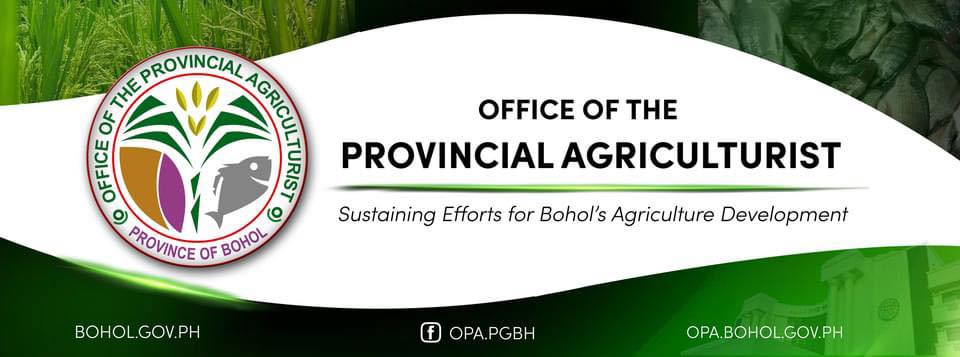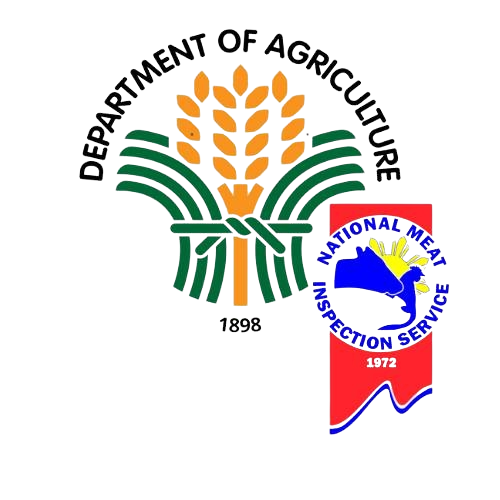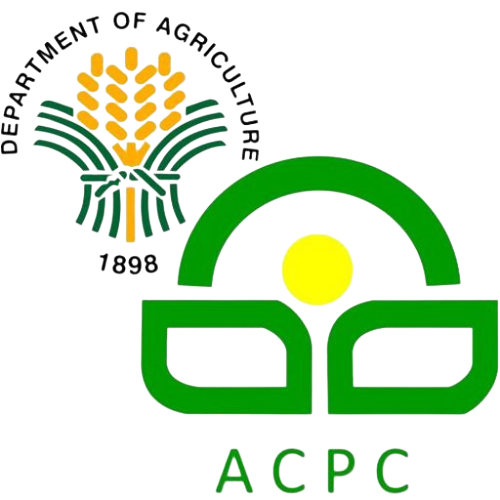In the lush archipelago of the Philippines, agriculture isn’t just an industry; it’s the lifeblood of the nation. The Department of Agriculture (DA) in the Philippines plays a pivotal role in nurturing this agricultural heritage, ensuring food security, supporting rural communities, and driving sustainable farming practices. In this blog post, we’ll explore the significance of the Department of Agriculture in the Philippines and how it shapes the nation’s agricultural landscape.
1. A Pillar of Food Security:
The Department of Agriculture is a key player in ensuring that Filipinos have access to an adequate and affordable food supply. It oversees programs like the “Ahon Lahat, Pagkaing Sapat (ALPAS)” program, which aims to achieve food security for the country by boosting agricultural productivity, improving farmer incomes, and making food available to all. By promoting the growth of staple crops and supporting local farmers, the DA contributes to the nation’s food security.
2. Championing Smallholder Farmers:
Smallholder farmers are the backbone of Philippine agriculture. The DA is dedicated to empowering these farmers by providing them with access to credit, training, and technology. Initiatives like the “Kadiwa ni Ani at Kita” program facilitate direct links between farmers and consumers, ensuring fair prices for agricultural products and boosting the income of smallholders.
3. Sustainable Agriculture and Environmental Stewardship:
The Philippines faces unique environmental challenges, such as typhoons and other natural disasters. The DA is actively involved in promoting sustainable and climate-resilient agriculture. Through programs like the “Sustainable Corn Program” and “Rice Competitive Enhancement Fund,” the department encourages the adoption of environmentally friendly farming practices that help safeguard the country’s rich natural resources.
4. Innovating for the Future:
To keep the agricultural sector competitive and responsive to global challenges, the DA invests in research and innovation. Research centers across the country work on improving crop yields, breeding disease-resistant varieties, and developing innovative farming techniques. This dedication to innovation not only enhances agricultural productivity but also opens new opportunities for agribusiness.
5. Rural Development and Infrastructure:
The DA recognizes that rural development is integral to the well-being of the Philippines. By investing in infrastructure projects, such as farm-to-market roads and irrigation systems, the department contributes to improving the quality of life in rural areas. These developments boost the connectivity of farming communities and help farmers reach markets more easily.
Conclusion:
The Department of Agriculture in the Philippines is a driving force behind the country’s agricultural success, rural development, and food security. It’s not only a government agency but a partner to smallholder farmers, an advocate for sustainable farming practices, and a guardian of the environment.
As the Philippines continues to evolve and adapt to global challenges, the DA remains dedicated to supporting farmers, ensuring food security, and preserving the nation’s natural resources. It is a beacon of hope for farmers, a guardian of the environment, and a champion of the Filipino agricultural spirit.
In this diverse and fertile land, where rice terraces, coconut plantations, and tropical fruits thrive, the Department of Agriculture plays a critical role in nurturing the harvest and ensuring a prosperous future for all Filipinos.







